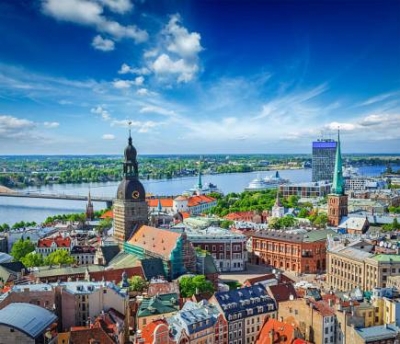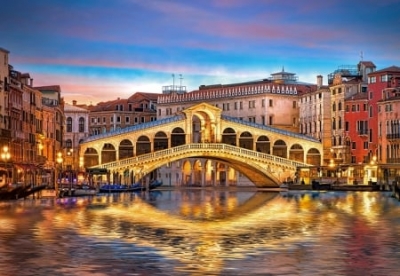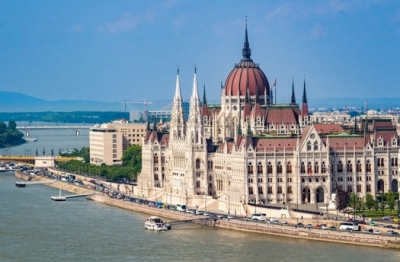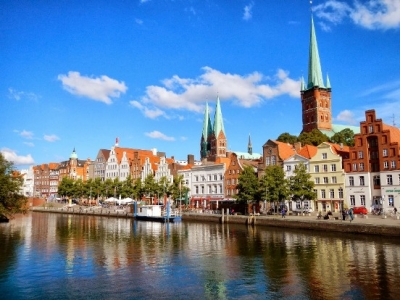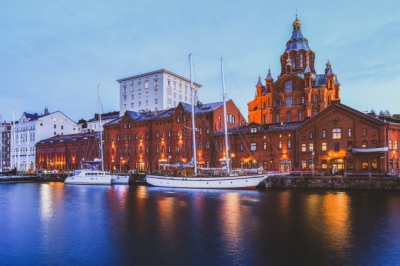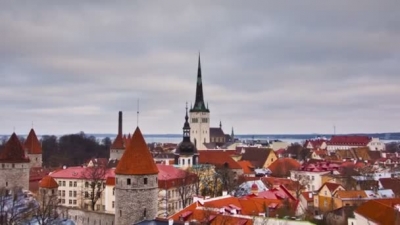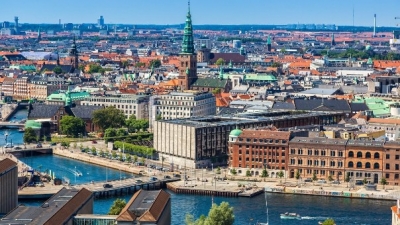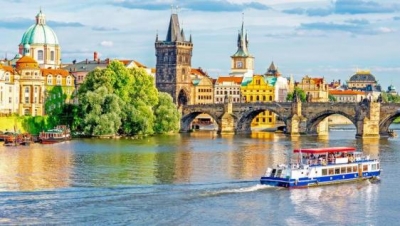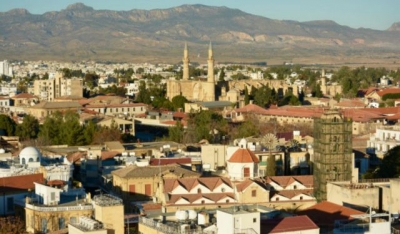Is Luxembourg a founding member state of the European Union?

Luxembourg is one of the founding members of the European Union. The Grand Duchy of Luxembourg is a parliamentary constitutional monarchy (Grand Duchy).The prime minister leads the government, and the Grand Duke, who has only nominal rights, heads the state.
Luxembourg has an interesting history of playing a positive role as a member in the integration process while firmly retaining its own national identity. Despite its meagre political and economic resources, the Luxembourg presidency has lived up to the expectations of the EU.
The country has held the Presidency of the Council of the European Union ten times and the Presidency of the European Council seven times.
The City of Luxembourg is the seat of the Court of Justice and the Court of First Instance, the Court of Auditors, and the European Investment Bank. The Secretariat of the European Parliament and its departments and several Commission departments are officially seated in Luxembourg. It also stages Council meetings during April, June, and October. There are 6 members of the European Parliament from Luxembourg.
Picture Credit : Google
